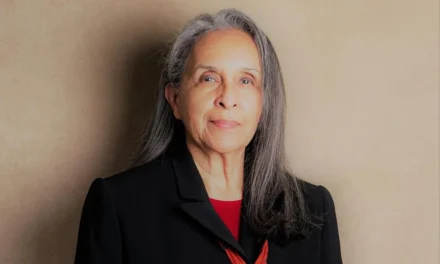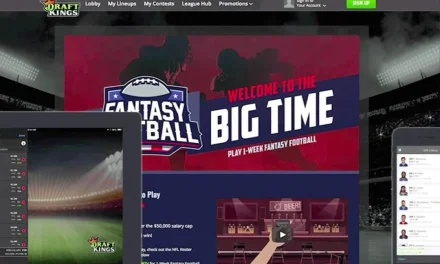In New York State, Tribal casinos pay a tax rate of 25 percent of gaming revenues, whereas commercial casinos pay 37 percent or more. A new study commissioned by the Oneida Indian Nation analyzing the state and local tax rates reveals that: while casinos operated in New York by Tribal Nations pay a lower state and local tax rate, their actual payments to support all government services is essentially equal to the non-Indian-owned commercial casinos. Additionally, if commercial casino tax rates were lowered, it would radically reduce the overall revenues the casinos provide to state and local governments, the Oneida report found.
“It’s really a zero-sum game,” said Clyde Barrow, the gaming industry expert who authored The Pyramid Associates Report for the Oneida Nation. “You’re not going to increase revenues by decreasing these taxes.”
The report comes out as New York is leading its own study of the state’s gaming industry, and evaluating whether to “equalize” casino tax rates. The state’s study will also examine the value of introducing mobile sports betting and opening new casinos downstate. (Currently, many downstate New York residents are either opting to place illegal bets or to take a train ride from Manhattan to bet in New Jersey, rather than making the trek upstate, at least according to FanDuel, the largest sports betting operator in New Jersey that has the Manhattan market to thank for its high revenues. Roughly 90% of sports betting in New Jersey now takes place online, and New Jersey’s online sports wagering revenues rival those in Nevada. Matt King, CEO for FanDuel Group, largely credits New Jersey’s success to legal mobile wagering and its proximity to New York.)
New York’s commercial casinos have already taken their toll on revenues for the state’s racinos — racetrack / slot operations. Barrow also underscored that a couple of New York’s commercial casinos carry heavy debt burdens. In the event of tax cuts, their attention would go toward paying those off, not investing in the local community.
“When you give out tax reductions, you have no control over how they spend that money,” Barrow said. “I think the fundamental conclusion is that New York and the Northeast have essentially reached a saturation point (with casinos) and the problem is lack of effective demand for more gaming. Reducing tax rates won’t effect demand.”
Barrow continued: “There is not significant disparity between Indian and commercial (casino taxes) in New York, and the taxes paid by commercial casinos in New York are already lower than in most comparable areas.”
Some commercial operators — like Pacific Entertainment, which owns del Lago Resort Casino near Waterloo in the Finger Lakes region — still contend Tribal casinos possess an unfair advantage. The complaints come as commercial casinos are falling short of their revenue forecasts. Gaming tax concessions would allow them to make investments in upgrades to draw more revenue, some have argued.
Across Upstate New York, 11 full-service gaming establishments operate — three of which are owned by three different Indian Nations. Four non-Tribally owned casino resorts have opened in Upstate New York since 2016, all located in areas not covered by Tribal exclusivity agreements with the state. Under Tribal-state compacts, Indian casinos pay a tax of 25 percent of their gross gaming revenues from slots only in exchange for the state honoring each casino’s exclusive multi-county region in which to operate casinos.









